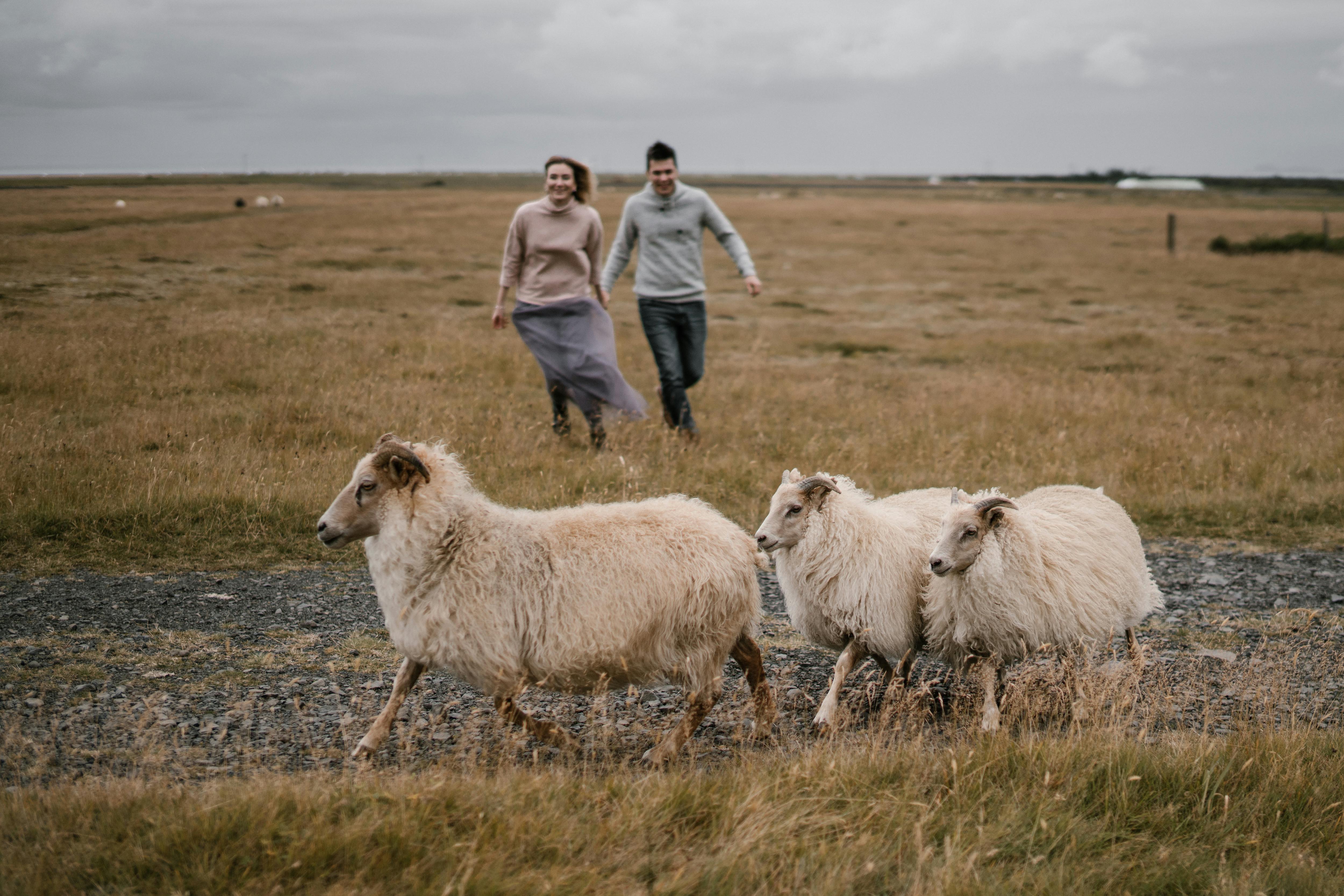Ever since grief and loss entered the field of science, there has been a lot of discussion about how it affects us. Although the research here is specifically related to grief, it is interesting to consider it in terms of other losses as well. I don’t know how scientifically sound it is, but I really think the best way to learn is to look at other things and make comparisons 🙂
Sigmund Freud
You may or may not be surprised to learn that it was Sigmund Freud in his 1917 work “Mourning and Melancholia” who first brought the issue of loss to the scientific field. He theorized that to successfully resolve the grief it was necessary to sever all ties with the deceased. This was a painful process that required work. This idea influenced how we perceive loss for decades despite not being scientifically proven, and Freud admitted that there were some paradoxes that he could not explain in relation to his own experiences of loss.
Elisabeth kubler-ross
The following influential theories were developed in the 1950s through the work of John Bolwby and Elisabeth Kubler-Ross. Kubler-Ross from her work with dying patients identified 5 stages of loss, namely denial, anger, bargaining, depression, and acceptance. Again, there was no scientific evaluation of this and when the stages were for grieving people, it was found that it really didn’t work that way. People don’t go through all stages in the same way, they can go back and experience them over and over again or miss stages altogether. It is now accepted that this is more of a vague guide. However, despite this, his theory may well be the best known and of all the theories I am talking about here, probably the one you probably know.
John bowlby
Her work on loss focused on attachment to the person she had lost. Developed from working with children and their separation from their mothers, he proposed that when our attachment to an individual was broken we could suffer serious effects. To successfully resolve our grievance, we had to undertake a “job” that could be hard and painful.
The dual process coping model
Margaret Stroebe and Hank Schut developed a more recent theory of how we cope with grief in 1999. They proposed that within everyday life there were two mechanisms that help us adjust to loss. One mechanism allows us to experience our reaction, think about the deceased, etc., while the other helps us understand how we are going to adapt to the world after our loss. We go back and forth from one to the other as we go through our loss. Although it is a theory, it has been scientifically proven with success.
The other side of sadness
Even more recently, like last year, George Bonanno published his book with the same title as the previous one in which he states that 85% of us have an innate resistance to cope with loss. During his more than 20 years studying the field of loss he has encountered, even though loss affects us deeply, there are still moments of joy and laughter and we can get on with our lives without much interruption. His research finds that there is no support for the stages of grief as we thought. Our journey is unique to all of us; some of us need to talk about it, some of us don’t.
This is just a brief summary of the theories. If you want to explore them further, I added a list for further reading. However, I have a suggestion: If you have recently experienced a loss and are still exploring it, go straight to George Bonanno’s book. For me, this is the only book you need to read and one that I wish had existed when I lost my brother. It is also useful to apply it to other losses.



